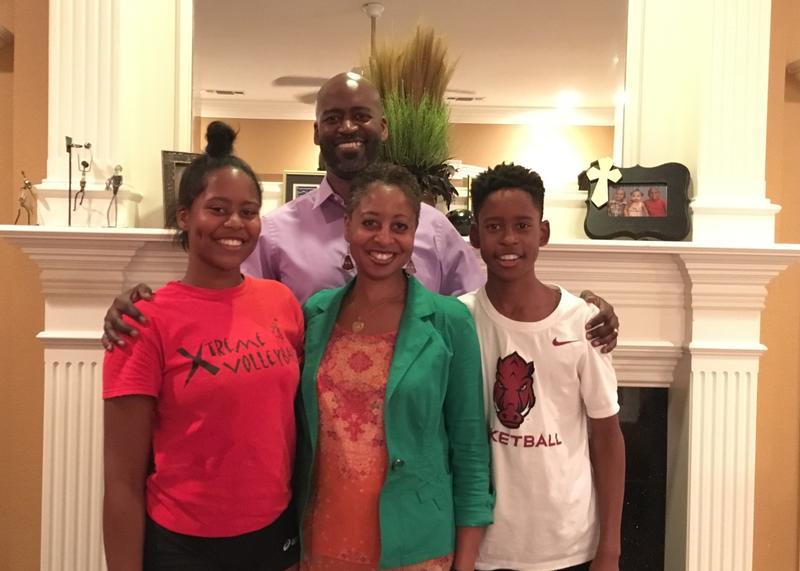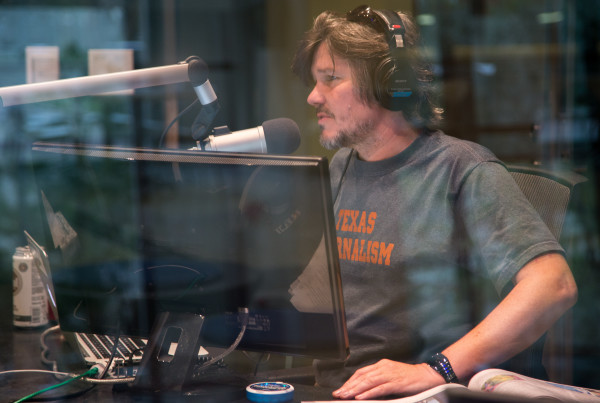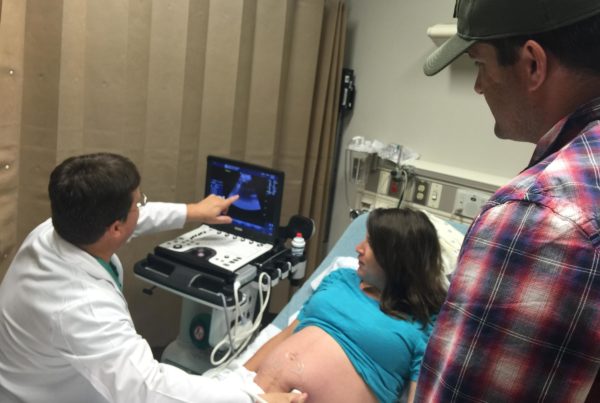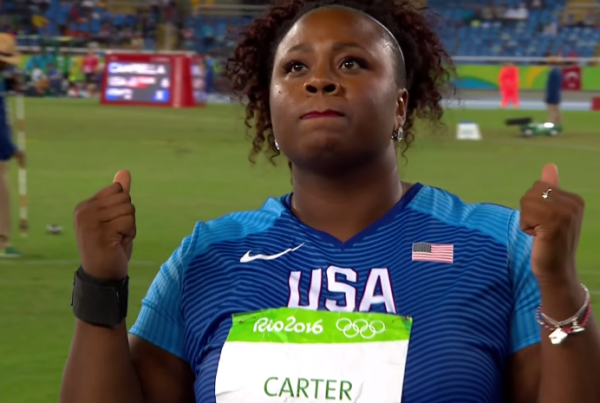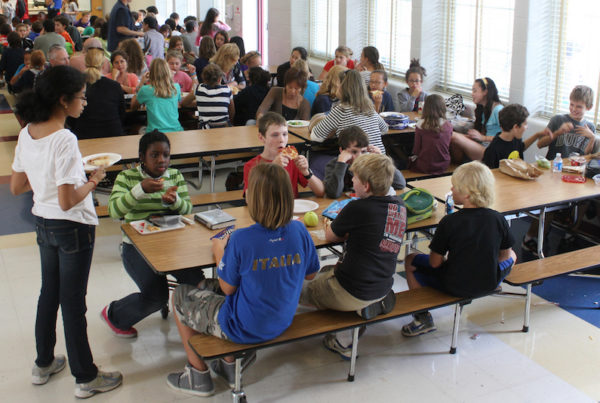From KERA News:
For Zion and Nia Rodgers, the subject of race is not something they usually talk about. They’re siblings and students at Martin High School in Arlington.
“I’m friends with, like, a lot of people of different races, so, like, I don’t really think about race too much,” says Nia, 17.
Nia is starting her senior year at Martin; Zion is a freshman.
Recent incidents nationwide involving police officers and black men and women, however, have given them some pause. Zion says the violence is unfair and thinks people who were shot by police should haven’t been.
“They’re just trying to explain themselves and a police [officer] thinks they’re doing something wrong,” Zion says. “Not all the time, but sometimes because they’re black that [the officer] thinks something bad is about to happen.”
For their parents, Kenya and Derrick Rodgers, recent events are a big concern. Kenya Rodgers says it’s hard not to be worried.
“I think about Zion and think, ‘Oh my goodness,’” she says. “We really need to make sure that we talk to him about how you’re supposed to react around authority figures, but more specifically police, and how it’s different for him as a black child than it would be for some of his friends and how he has to be careful.”
She’s also concerned about her daughter. Like last year, when a white McKinney police officer pushed a black female teenager to the ground, an incident that attracted national headlines.
“I could very much see her being in that situation, out with her friends, after school, after the school year. Kids are kids,” Kenya Rodgers says. “Teenagers don’t think a lot of times. They just sometimes have these attitudes and entitlement perspectives and they aren’t as respectful, I think, as when we were growing up. So I could very much have seen my daughter reacting in a similar way, just not thinking about it.”
The Rogers say their kids don’t think about race like previous generations. Still, like other black parents, they’re having “The Talk” with Nia and Zion. Derrick Rodgers gives his children advice on how to behave around police.
“It’s always if you get stopped, be very respectful,” he says. “Everything is ‘Yes, sir. No, sir. Yes, ma’am. No, ma’am.’ And it’s extra polite and just making sure that, you know, even how you move, no sudden movements – ‘just be very conscious of your speech and how you move.’ ”
Derrick is not just concerned about his own kids. He says he doesn’t even like taking a walk by himself in his own neighborhood. He’s worried about what could happen. He says he’s been worried about that for a long time.


